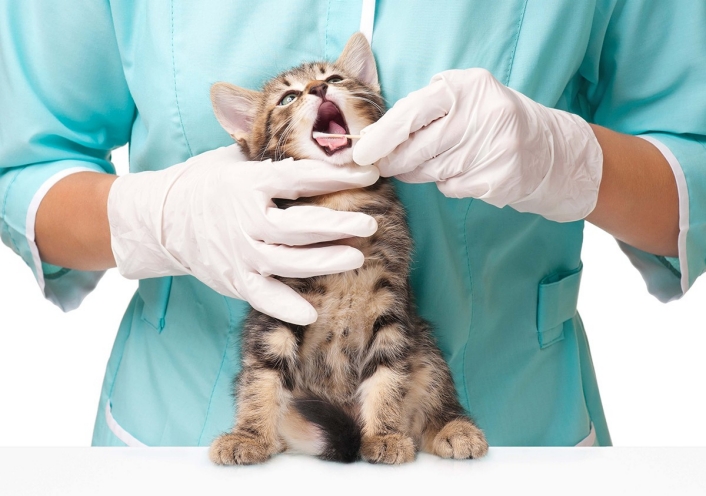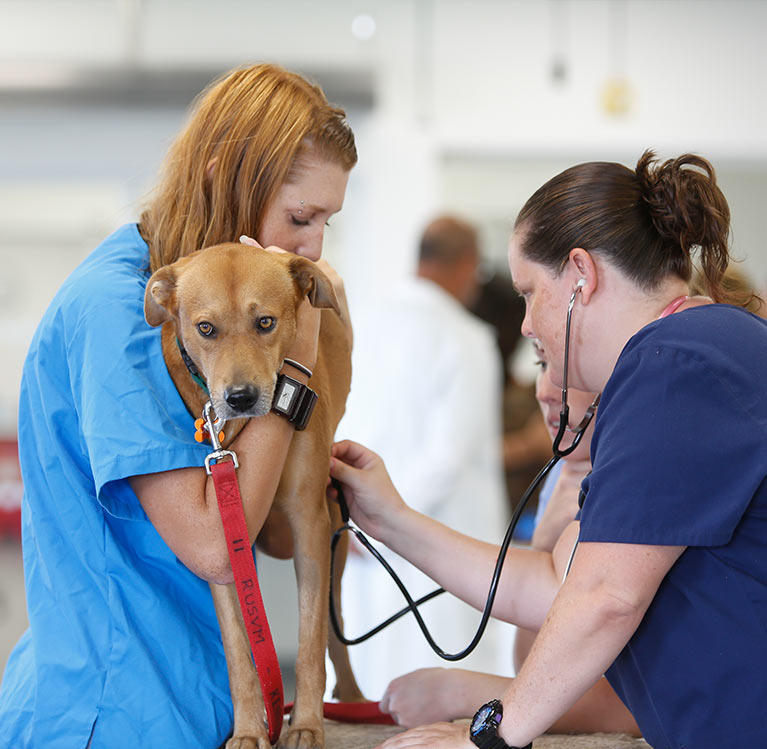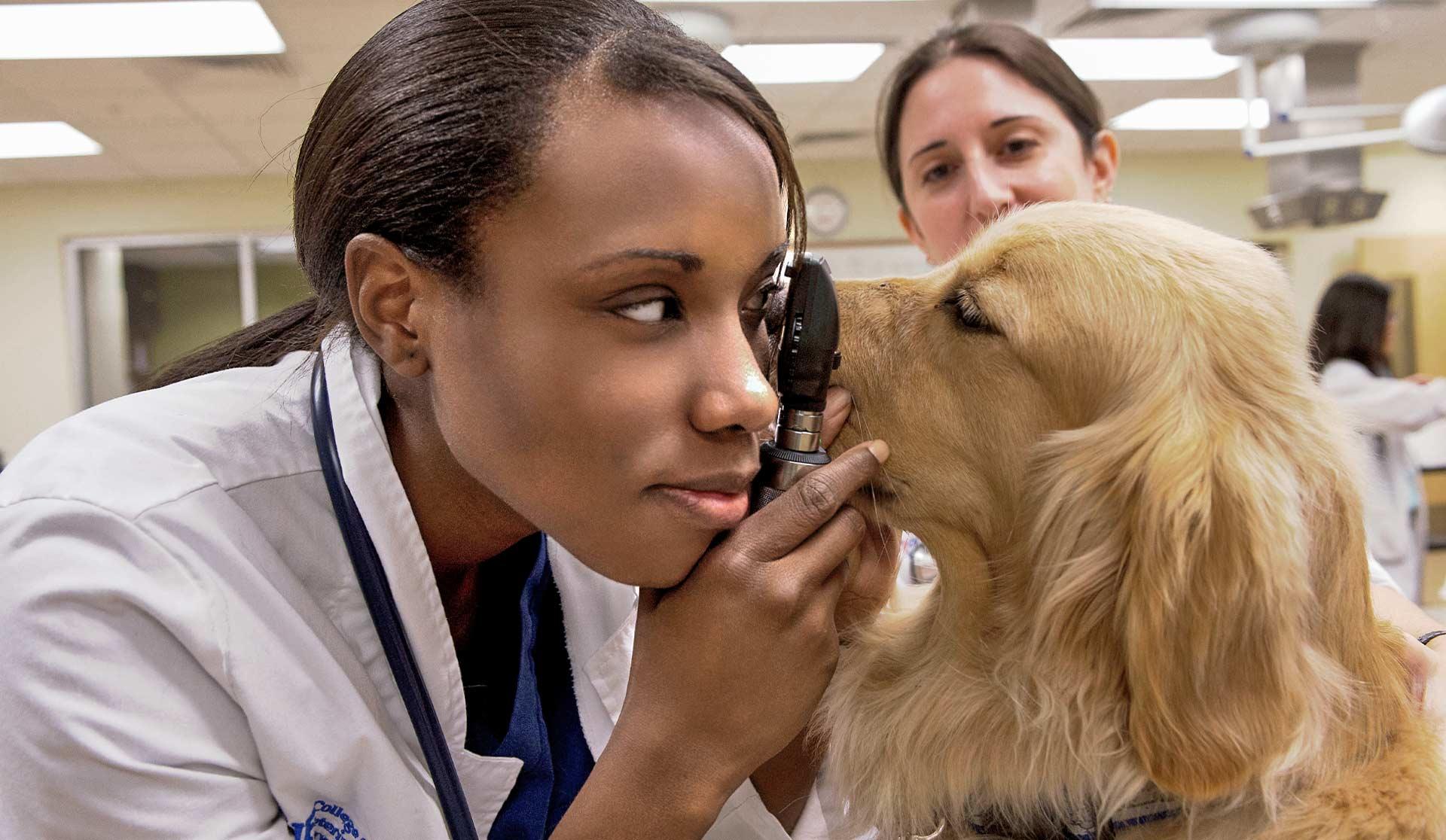When to Look for Aid from an Emergency Vet for Your Pet's Unforeseen Health and wellness Issues
When to Look for Aid from an Emergency Vet for Your Pet's Unforeseen Health and wellness Issues
Blog Article
Signs It's Time to See Your Neighborhood Veterinarian
When to seek vet treatment for your pet dog is crucial for keeping their total health and wellness and well-being,Comprehending. Refined adjustments, such as shifts in consuming habits or uncommon habits, frequently serve as crucial indications of underlying health and wellness worries. Moreover, indications of discomfort or persistent signs can signify the demand for immediate medical attention. Being attuned to these subtleties can make a considerable difference in your family pet's lifestyle. As we check out these signs better, it comes to be clear that prompt intervention can result in much better outcomes for your cherished buddy.
Modifications in Consuming Habits
Adjustments in eating routines can be an important indicator of a pet dog's general wellness. Exotic Vet. Alternatively, an unexpected rise in food consumption may indicate metabolic disorders, diabetes mellitus, or even behavior modifications.
It is important for pet dog owners to monitor their animals closely and note any variances from their regular consuming patterns. This consists of not just the amount of food eaten but additionally adjustments in the type of food liked or hesitation to consume specific things. Furthermore, pet dogs might display changes in consuming behaviors alongside various other indications, such as lethargy, vomiting, or changes in actions, which can even more assist in recognizing possible health worries.

Unusual Fat Burning or Gain
Keeping track of a pet dog's weight is as crucial as observing their consuming routines, as inexplicable weight-loss or gain can suggest severe illness. A noticeable adjustment in weight, whether it be a significant decline or a boost, need to not be forgotten. Such changes can signal underlying clinical conditions such as diabetic issues, hyperthyroidism, kidney illness, or particular types of cancer cells.
In pets, abrupt weight loss can arise from gastrointestinal issues, bloodsuckers, or oral problems that influence their capability to eat. For cats, weight management can be specifically worrying, as it may show a serious health and wellness concern that calls for timely interest. On the other hand, inexplicable weight gain can be connected to metabolic problems, overindulging, and even particular drugs that might change appetite.
It is vital for pet dog owners to monitor their pet dogs' weight routinely and to note any type of modifications in their body problem. It is advisable to consult your vet if you observe a regular fad of weight loss or gain over a brief period. Early discovery and intervention can bring about more effective therapy options and far better health results for your precious pet dog.

Transformed Habits or Power Levels
Regularly, family pet proprietors might see transformed habits or energy degrees in their pets, which can be an essential sign of underlying health concerns. Changes such as boosted sleepiness, lowered interest in play, or unusual aggressiveness can represent that something is awry. Family pets that usually display high energy degrees may unexpectedly end up being listless, while those that are usually tranquil may become hyper or restless.
In addition, changes in day-to-day regimens, such as modifications in resting patterns, cravings, or social communications, warrant interest. A dog that no longer welcomes its owner at the door or a cat that conceals more regularly can be experiencing distress. These behavior shifts can stem from various aspects, including health problem, pain, or psychological distress.

Indicators of Discomfort or Discomfort
Acknowledging indicators of pain or discomfort in pets is crucial for ensuring their wellness. Animals commonly exhibit subtle modifications in behavior that might show they are experiencing pain. Typical indications consist of vocalizations such as whining, growling, or yelping, which can indicate distress. Additionally, an animal may come to be extra taken out or exhibit changes in their common sociability, favoring to separate themselves.
Physical signs are likewise crucial to observe. Family pets may present transformed grooming routines, such as excessive licking of a Read More Here certain location or ignoring their self-care completely. Hopping, reluctance to relocate, or trouble in standing or relaxing are clear indicators of pain. Changes in hunger or alcohol consumption behaviors might additionally recommend underlying discomfort, as animals usually shed rate of interest in food when they are unhealthy.
In addition, expect uncommon positions; for instance, a pet dog may embrace a stooped position or seem to safeguard a particular location of their body. It is necessary to consult your veterinarian quickly if you see any of these indicators. Early treatment can lead to far better monitoring of pain and boost your pet's lifestyle.
Relentless Signs And Symptoms or Illness
Persistent signs or illness in pets necessitate instant focus and must not be forgotten. If your pet dog shows recurring signs such as throwing up, diarrhea, coughing, or sleepiness for even more than 24 hr, it is essential to seek advice from a vet. These symptoms can indicate underlying health problems that may aggravate without timely intervention.
Chronic problems, such as allergies, diabetic issues, or kidney disease, usually present with persisting signs and symptoms that can dramatically impact your animal's high quality of life. In addition, adjustments in hunger, weight reduction, or trouble in motion are warnings that warrant more examination. Neglecting these indicators can bring about complications that are extra challenging and expensive to treat.
It is likewise necessary to monitor behavior modifications, as pet dogs may not always display evident physical symptoms. If your resource family pet is unusually withdrawn, nervous, or hostile, this can indicate pain or discomfort that calls for vet assessment.
Verdict
In verdict, recognition of the signs indicating a need for veterinary care is necessary for keeping pet health. Normal surveillance of a pet's condition and prompt activity in action to worrying indicators are vital components of liable family pet possession.
Modifications in eating habits can be a critical sign of a pet's total wellness.It is essential for family pet proprietors to check their pets carefully and keep in mind any kind of deviations from their typical consuming patterns. Furthermore, family pets may display changes in consuming behaviors alongside other signs, such as lethargy, vomiting, or modifications in actions, which can additionally aid in determining prospective wellness concerns.
It is important for family pet owners to monitor their animals' weight on a regular basis and to note any try this site adjustments in their body problem. Normal tracking of an animal's problem and punctual activity in response to worrying signs are crucial parts of accountable pet ownership.
Report this page